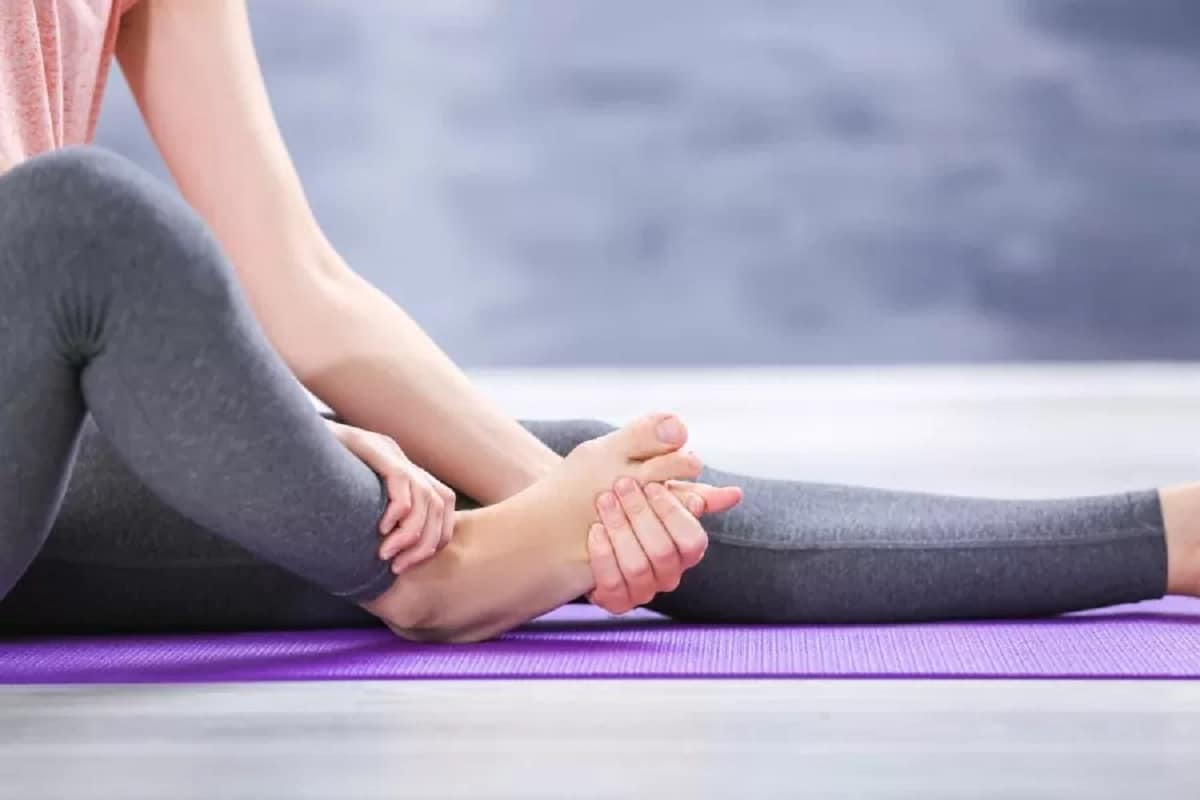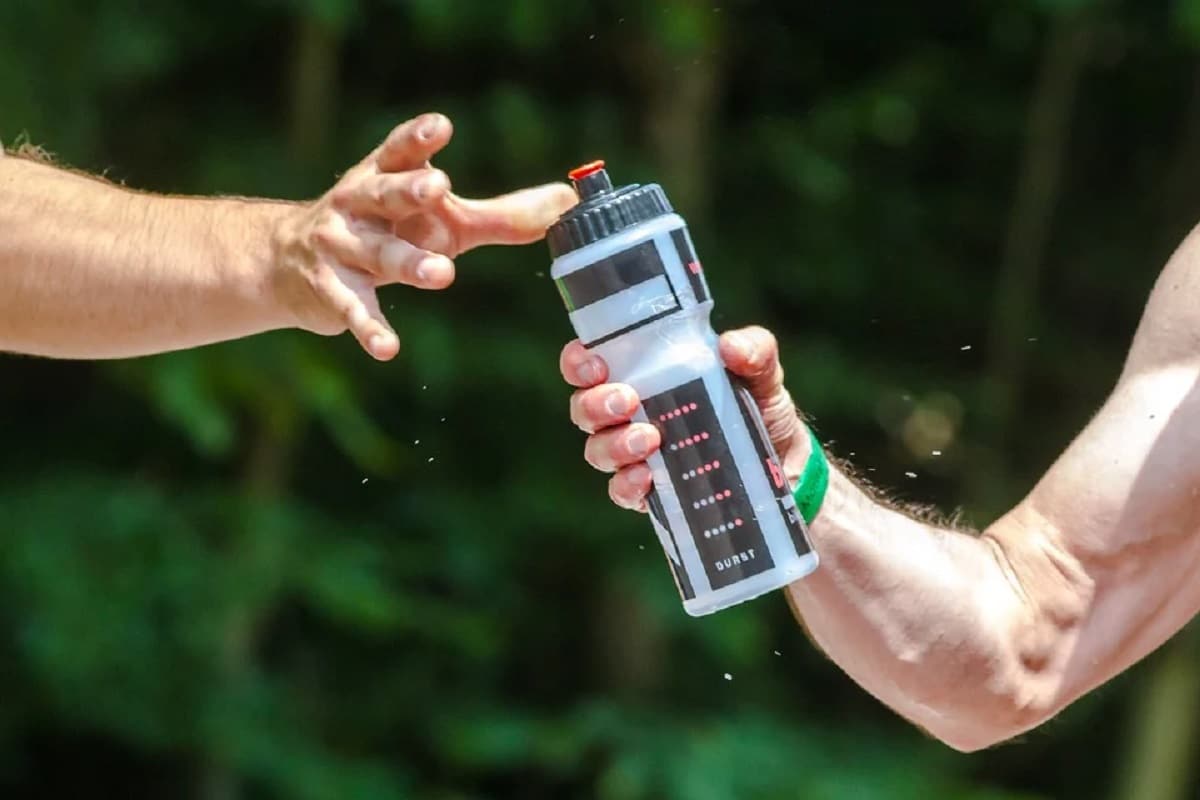
Do you often suffer from muscle cramps? If you have answered yes, this information is going to be the most interesting for you. Muscle cramps are involuntary spasms that occur in the muscles, unprepared and causing great instant pain. Although it usually occurs after exercising, many people suffer from muscle cramps in the legs and very often at night.
When this happens, you wake up with a strong start, with stiff calf muscles and severe pain. The cramp can last from a few seconds to several minutes and can occur anywhere in the body. Although most often they occur in thighs, calves, soles, hands, arms, or neck.
What are the causes of muscle cramps
There are many reasons why a muscle cramp can occur, including causes are often unknown. However, the most common is that there are circumstances such as the following:
- Over-tensing the muscle: Stretching the muscles is very important to avoid these types of disorders, because one of the most common causes is over-tensing the muscle. When recovery is not favored, the muscle contracts causing what is known as a cramp.
- Dehydration: Not consuming enough water is fatal to muscles and a fluid deficit it is also a frequent cause of cramps.
- Electrolyte deficiencies: When doing sports, walk intensely or sweating excessively, many minerals necessary for proper muscle function are lost. Magnesium, calcium or potassiumThey are very important minerals and their deficiency can cause muscle disorders such as cramps.
- Consumption of some drugs.
- Pregnant women: Many pregnant women suffer from muscle cramps due to poor circulation and muscle overload caused by pregnancy.
- Have a bad physical shape: Being overweight adds a muscular overexertion to the whole body, which means that your muscles have to overwork every day. Improving your physical shape will also help you control muscle problems, among many other things.
- Bad technique when exercising: Muscle overloads are also produced by doing exercises wrong, so it is very important to be able to enlist the help of a coach. If not, try a workout appropriate for your physical condition. Reduce the intensity and when you improve your form with consistency, you can increase the work and effort.
How to prevent muscle cramps
Prevention measures are in this case, as in many others, the best solution. In other words, preparing your body and keeping it healthy is the best way to avoid painful and annoying muscle cramps. When you go to do a physical activity, it is essential do a good warm-up and stretch to prepare the muscles.
In the same way, before going to bed you should do some stretching, especially if you notice any muscle area that is too loaded. The legs suffer from the daily weight and strain of spending many hours standing, sitting or simply supporting the entire weight of the body. If you suffer from leg cramps at night, Get used to applying cold water in circular motions.
Make sure you drink enough water, especially if you exercise or spend long hours in extreme temperatures. Heat is also a cause of muscle cramps, although it is more a consequence of poor hydration. Drink plenty of water and sports drinks after exercising to regain the electrolytes you have lost. Change your diet and choose foods with minerals like potassium and calcium. Drink lots of water to keep your body well hydrated.
When to go to the doctor
Having muscle cramps is not, in principle, a cause for concern. But nevertheless, if you tend to have these muscle spasms frequentlyIt is advisable that you go to the doctor for a complete examination. Especially if you suffer from cramps often, if they are very painful and if after changing your habits and applying the aforementioned tips you do not notice improvement.

